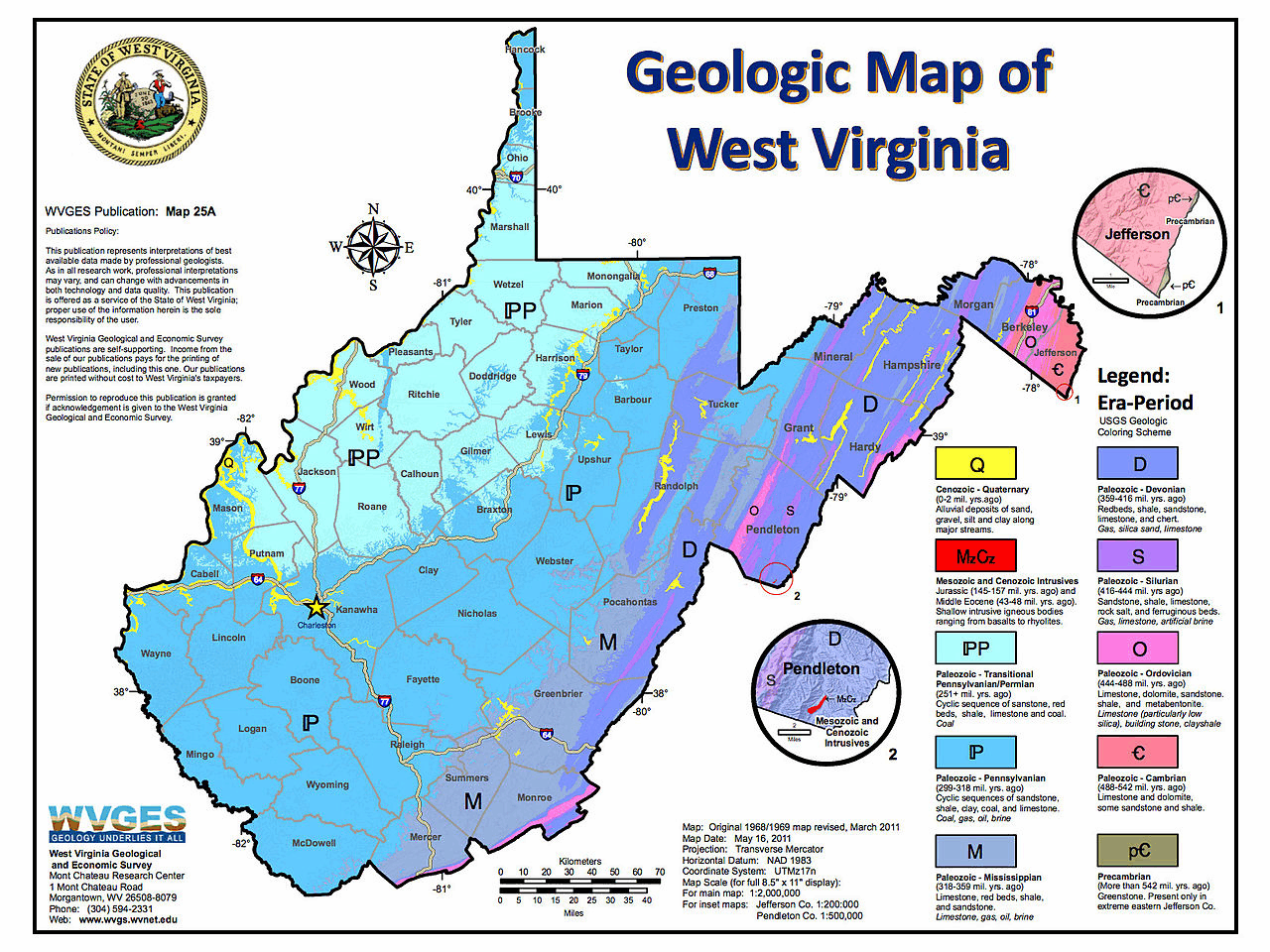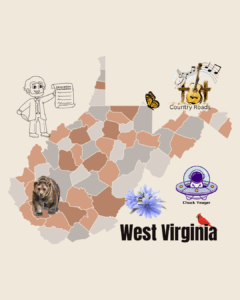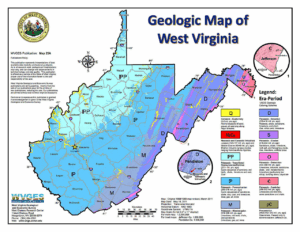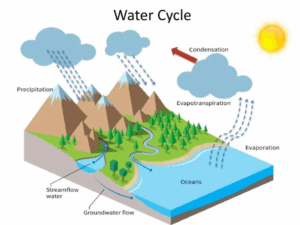The Wild, Wonderful Waters of West Virginia

Water Quality Shouldn’t Be Hard….

As a nation, we’ve never been so informed when it comes to water quality.

(Technology and information is In the palm of our hand)
We can learn about hard water, PFAS / Forever Chemicals and how water softening and reverse osmosis can make a BIG difference when it comes to your home’s plumbing, appliances, the effectiveness of hair / skin care products and cleaning supplies.

Known for it’s county roads, state animal, the beautiful black bear, the longest steel arch bridge at the New River Gorge, Chuck Yeager and more…. West Virginia is one of the best examples of teaching us a thing or two and keeping us on our toes when it comes to water quality. Current water trends of the Mountain State are known for sediment build up creating what we call hard water, but to better understand its makeup, we have to take a look at the history of West Virginia’s water table and even more specifically, Martinsburg, being underwater for a long period of time and the past flooding that has everything to do with it.
West Virginia’s Geologic History

Stretching as far back into the Precambrian Age, and includes several periods of mountain building and erosion. At times, much of what is now West Virginia was covered by swamps, marshlands, and shallow seas, accounting for the wide variety of sedimentary rocks found in the state. This also contributes to its wealth of coal and natural gas deposits.

West Virginia Flooding
Historical Flooding since the 1930’s in the Eastern Panhandle has also played a role in the water characteristics of today.
Flooding in any area can have a severe impact on water. Excessive water flow due to flooding increases sediment and debris being introduced into the waterways including those used by the public. Already creating a reduction in water quality, it can also bring in harmful bacteria and chemicals from runoff gathered elsewhere. The force of the current and its unpredictability also cause erosion and can spread pollutants affecting the overall makeup of natural resources.
Learn more about West Virginia and surrounding areas’ water history here.
Learning more about how problematic water is created, over time, can also support the education through research and how to effectively combat it to make it better.
Our local municipalities do a great job when sanitizing water with the use of chlorine to safely transport municipal water into your home. Once the water arrives, however, removal of the chlorine should be considered because it is no longer needed and is of healthier quality for usage and consumption without it. It’s also good to know that local city water sees high levels of hardness ranging from 18 to 25 grains per gallon. For your home, anything over 6 grains per gallon is considered grossly hard and can affect your plumbing, appliances and more with sediment build up that can in many cases actually shorten their life expectancy.
Negley’s Water and Well Drilling of Martinsburg, West Virginia
As an industry leader, Negley’s Water takes things a step further to ensure you, your family, guests and pets are first and foremost when it comes to crisp, clean, filtered H2O from your tap. We want you to Feel Better About Your Water and have it living up to its highest potential possible.

As members of the Eastern Water Quality Association(EWQA), our team has been educating ourselves striving to rise above industry standards when it comes to the latest in technology and how to provide our customers the best in potable water.
You might also say – water has also been educating us as it flows along, changing its form and telling us all about itself when we take a closer examination in testing of it.
Located at 445 Eagle School Road, Suite B in Martinsburg….we’re local and can tell you more about your water with an estimated 40 minute analysis and consultation.
Schedule your free consultation today, call 888-458-2118 or click NegleysWater.com.